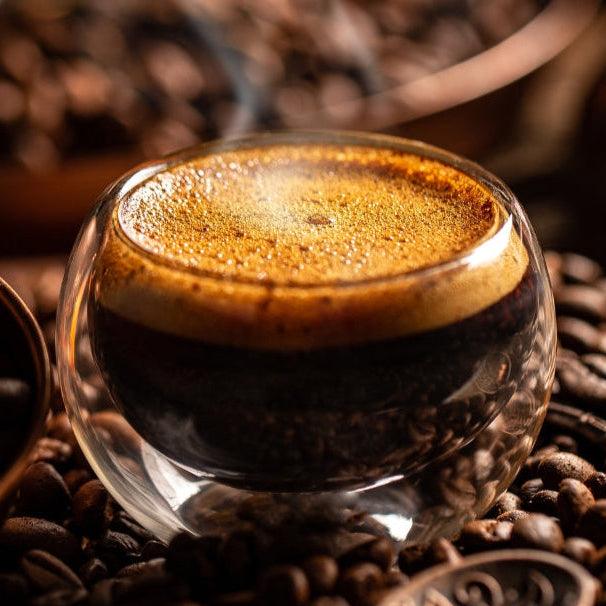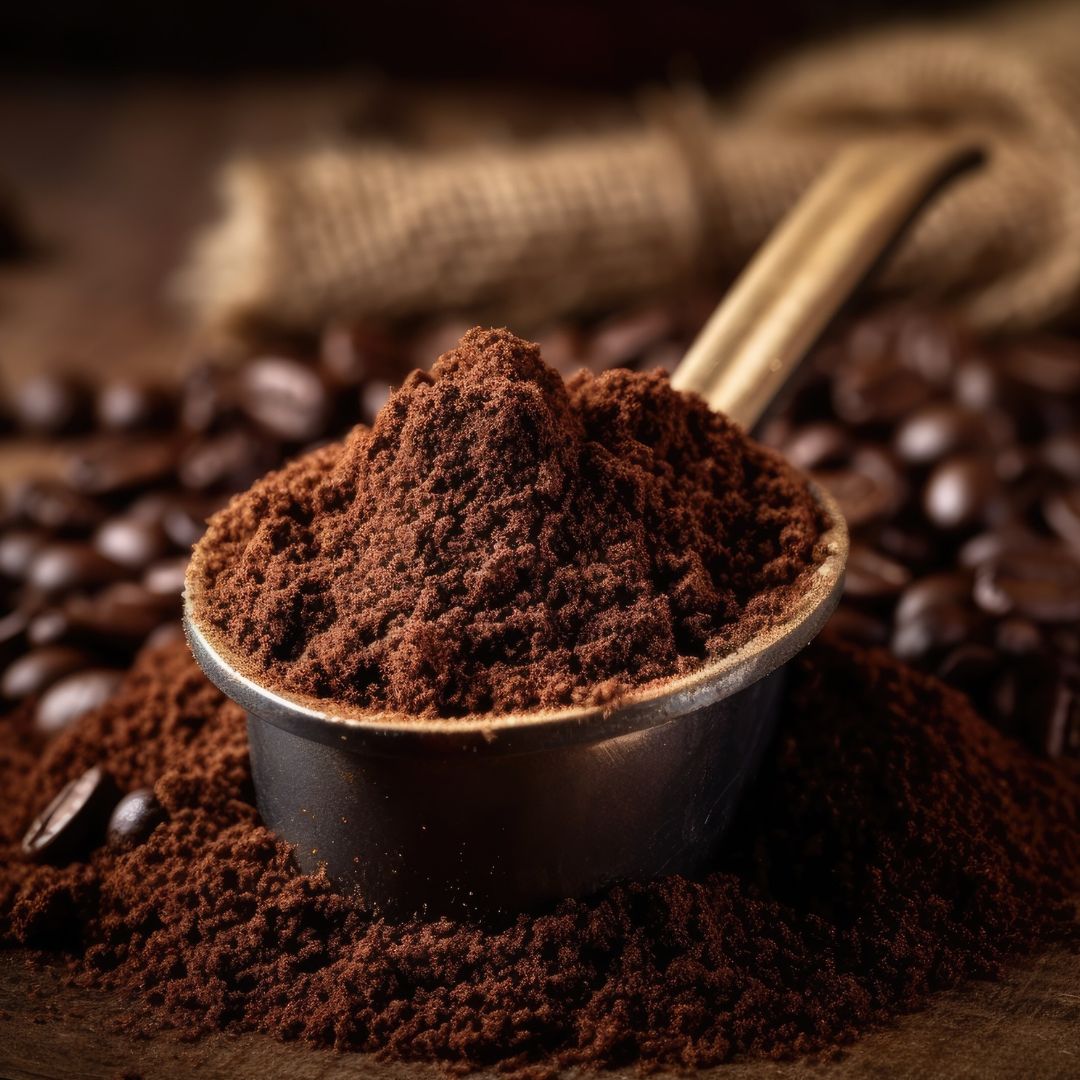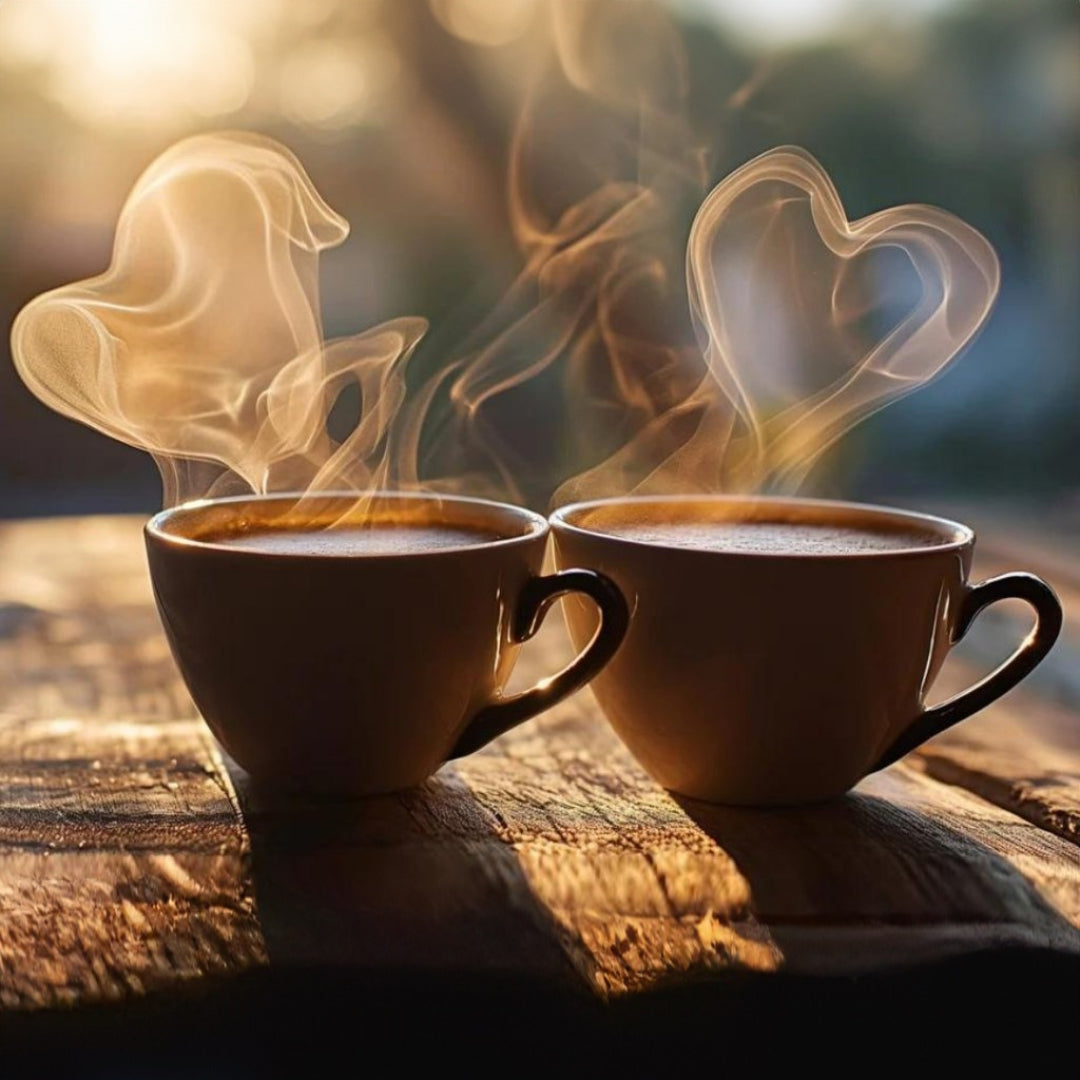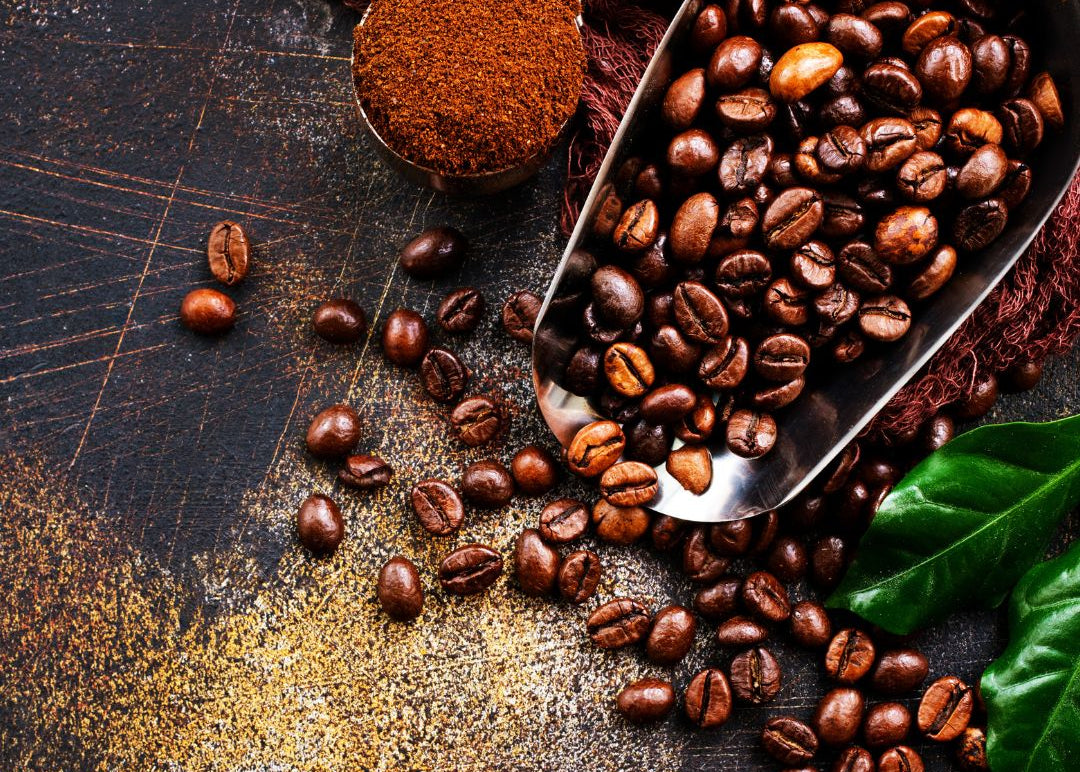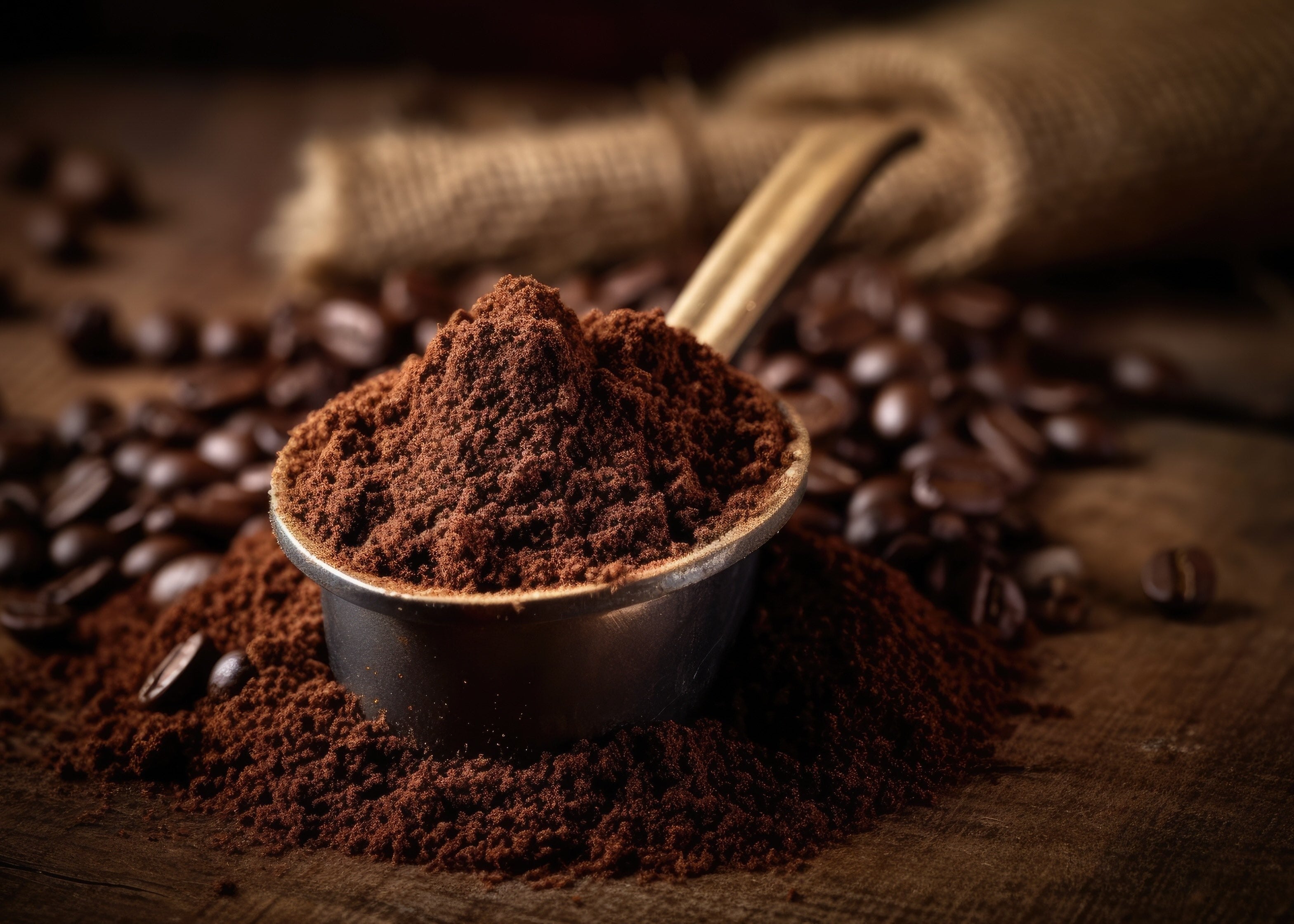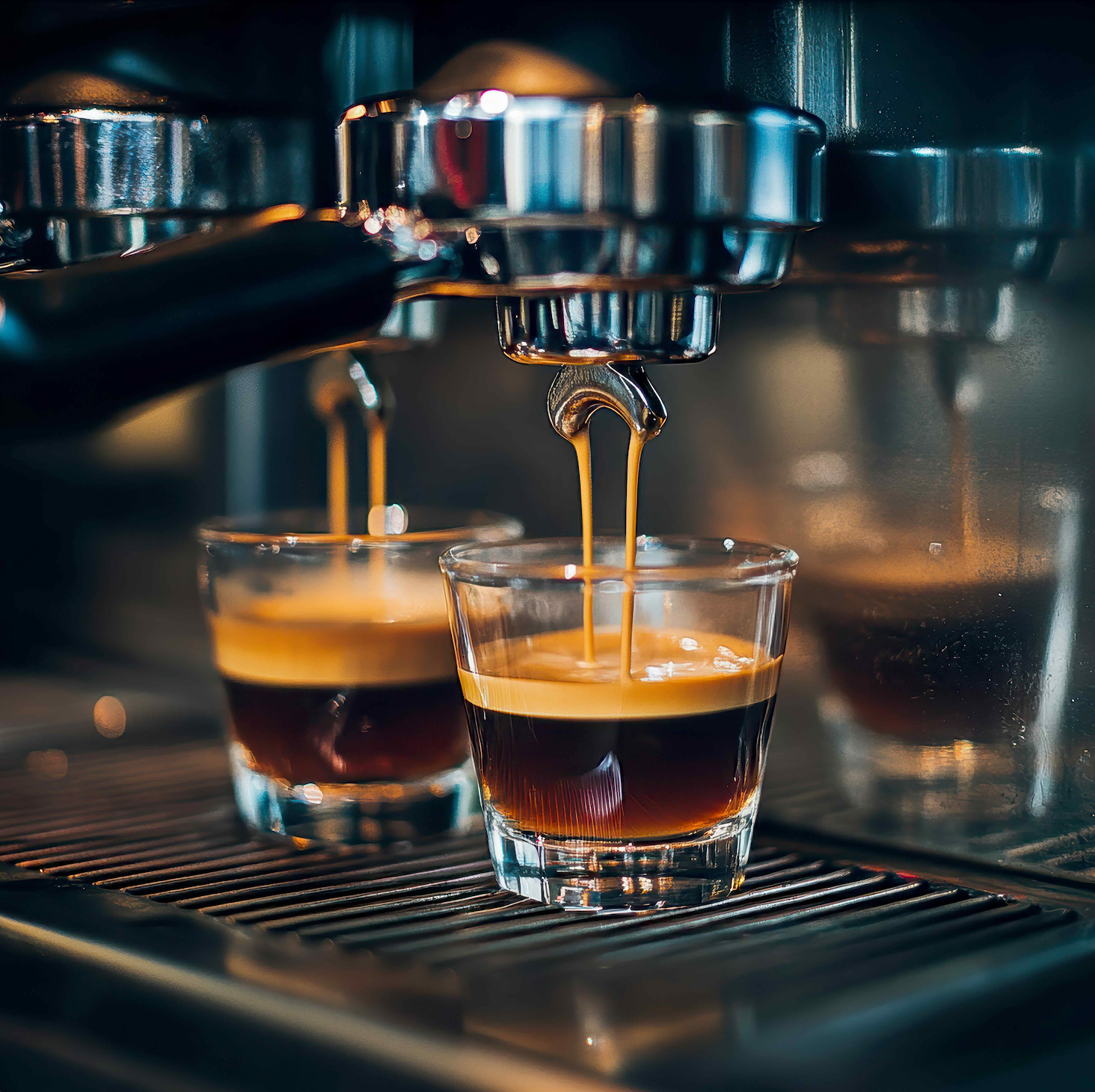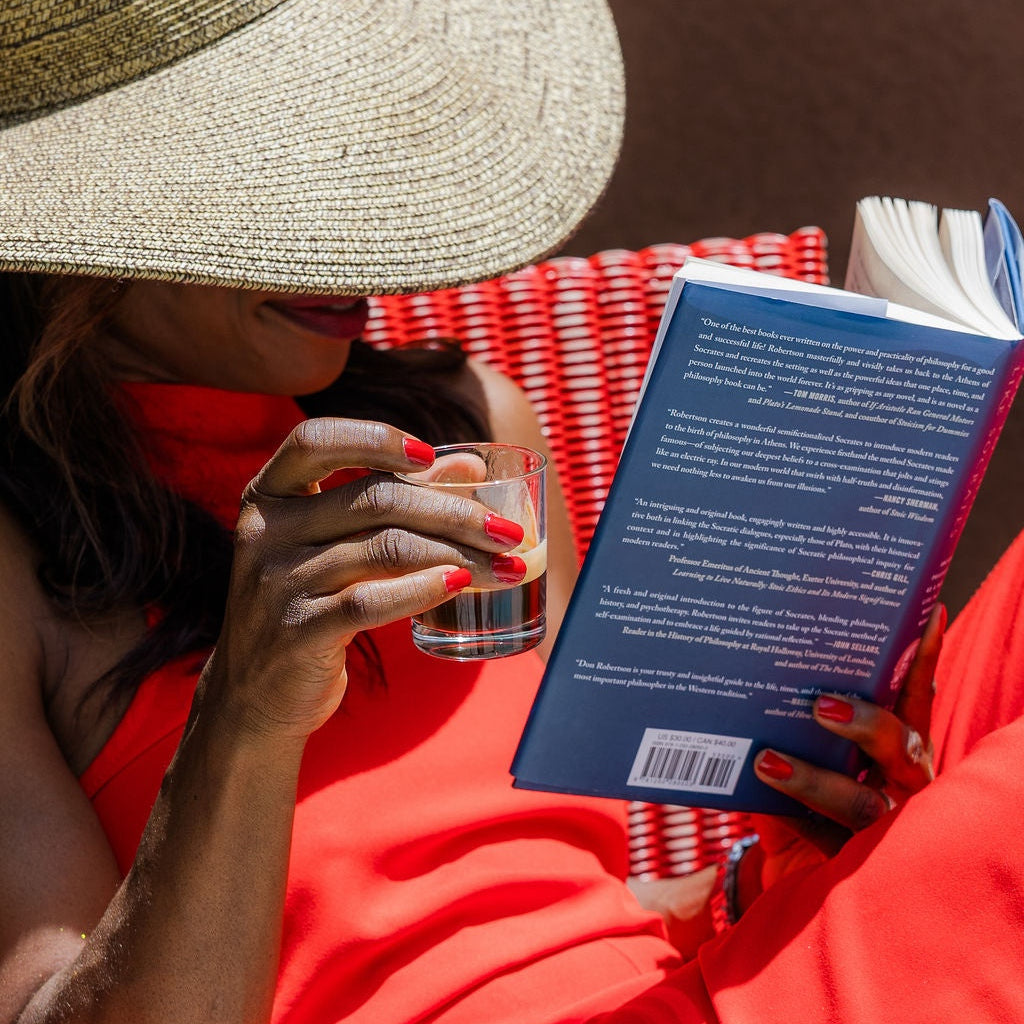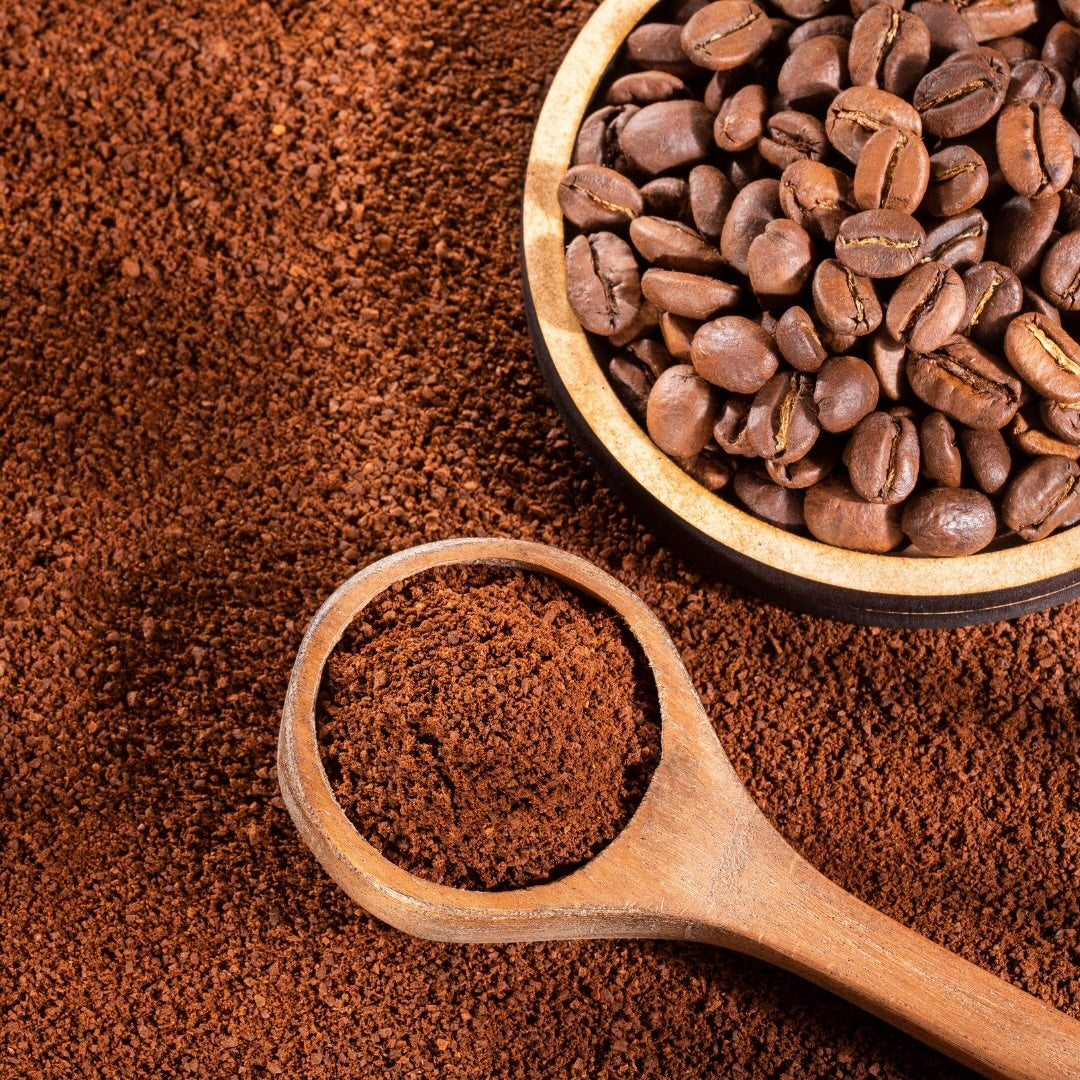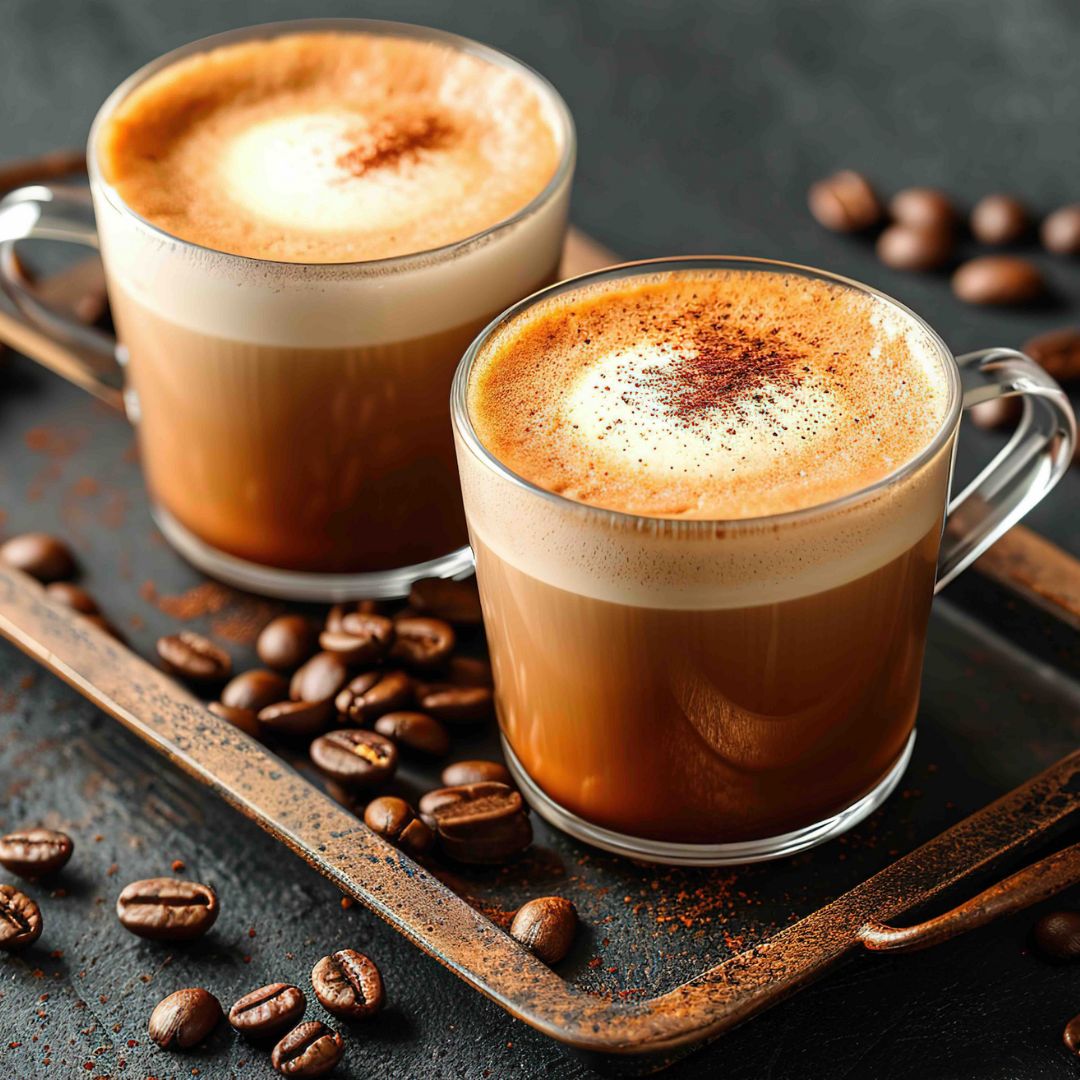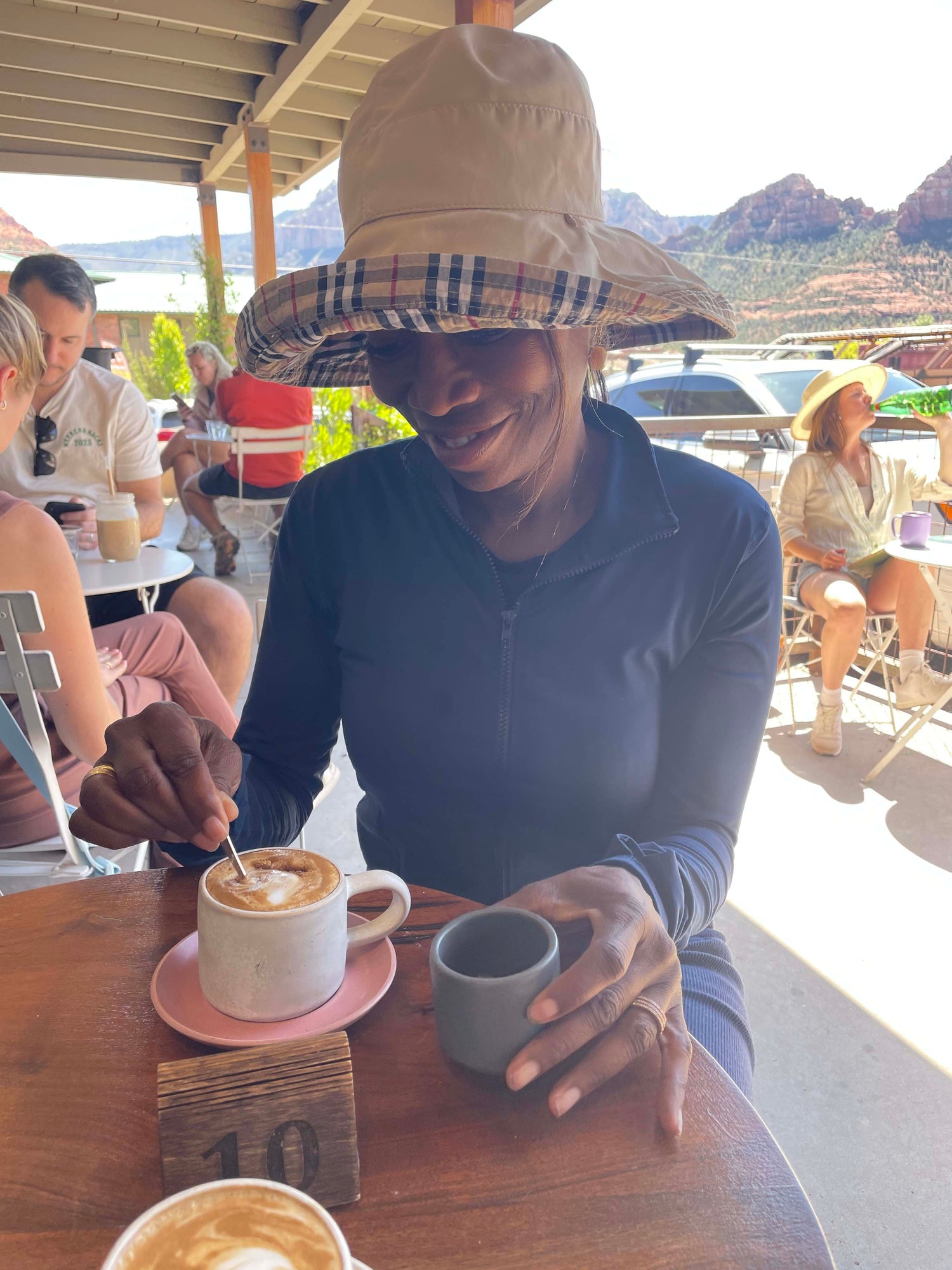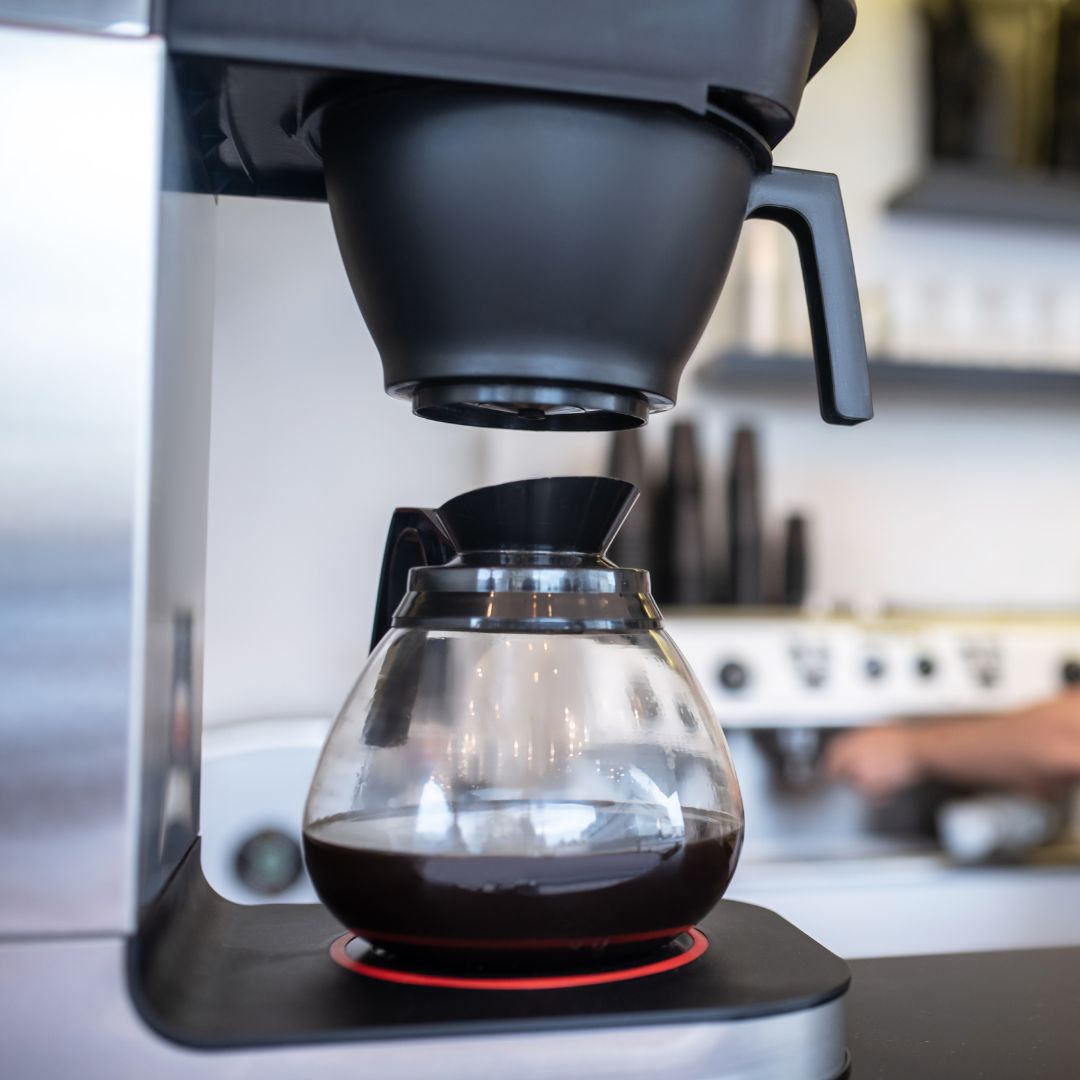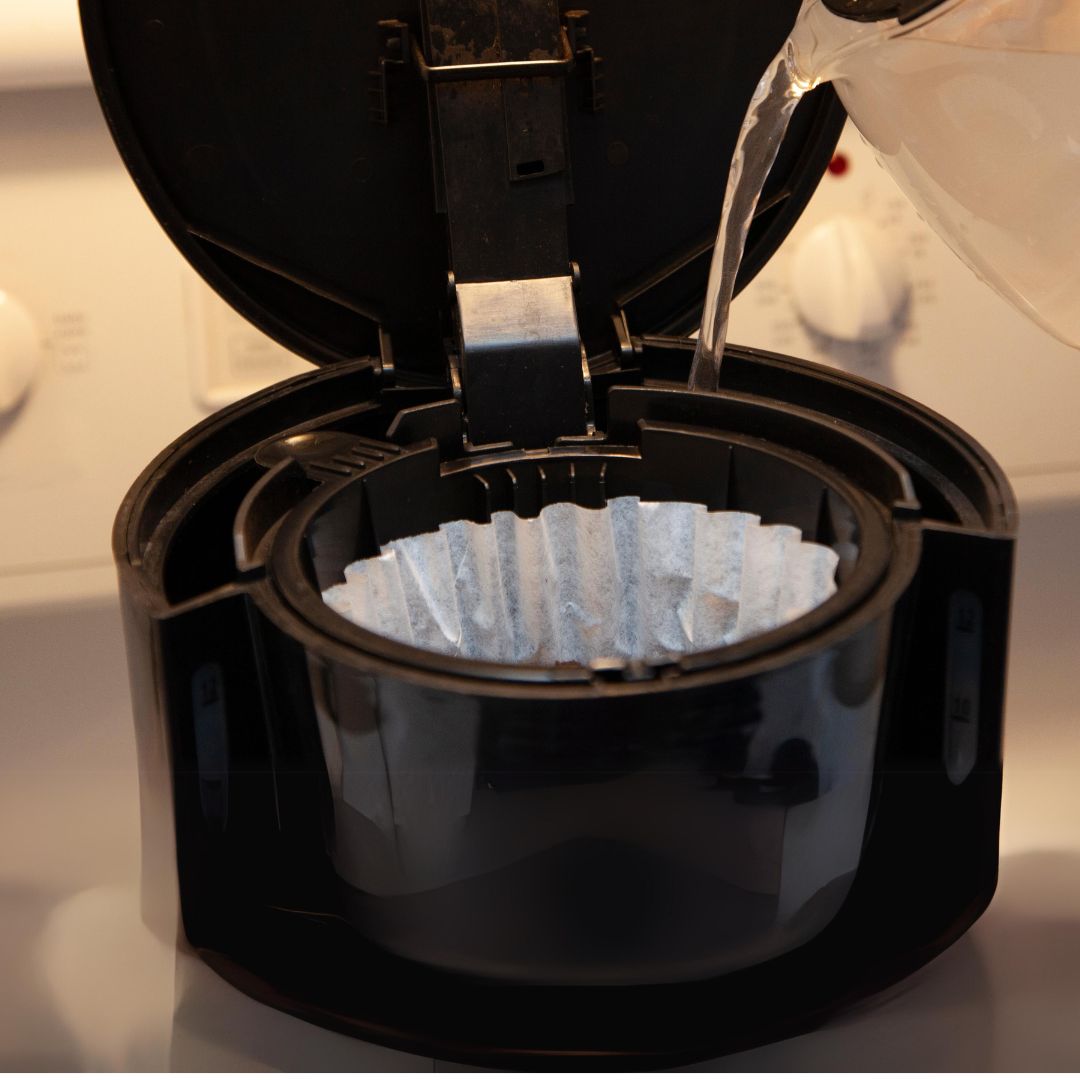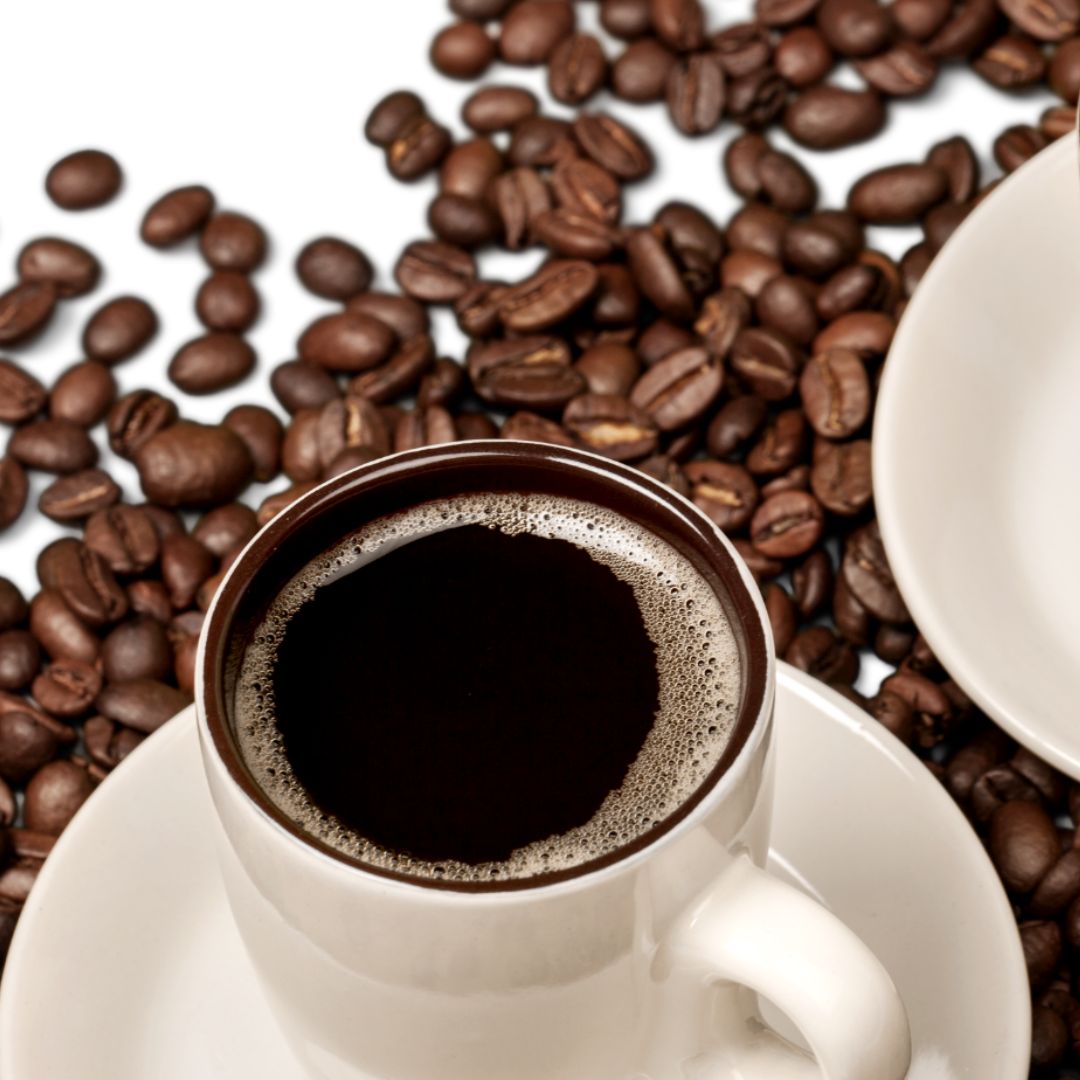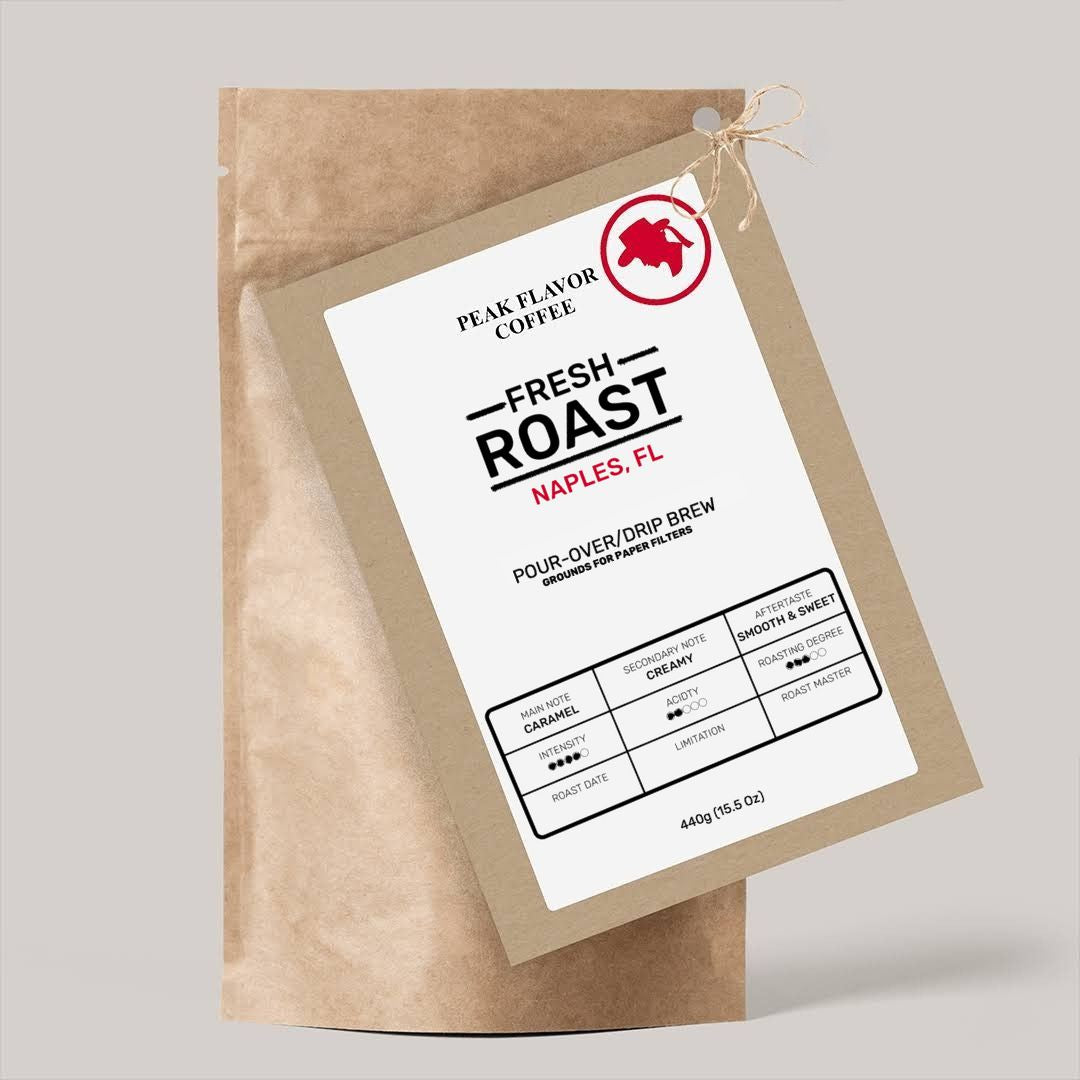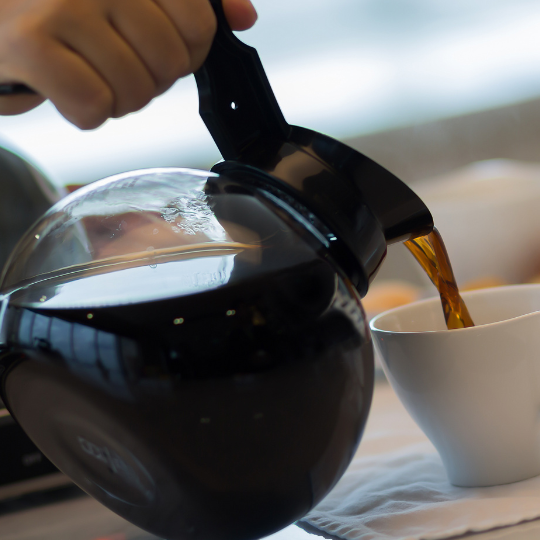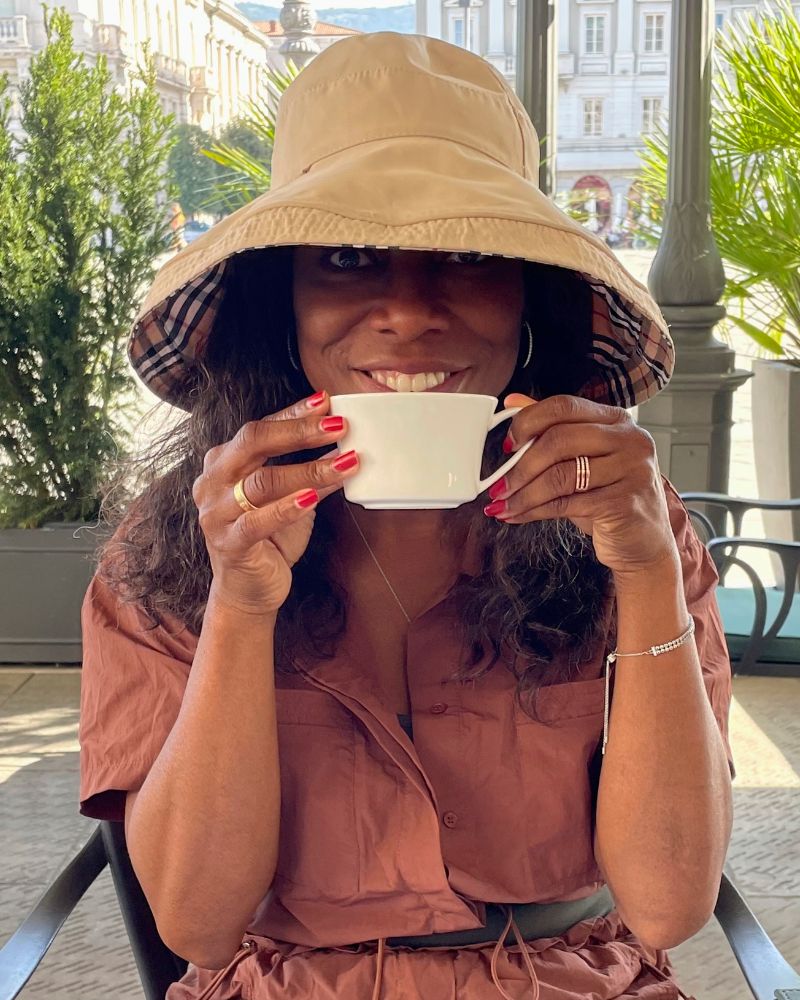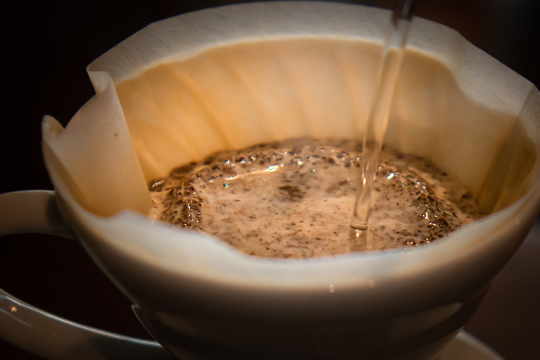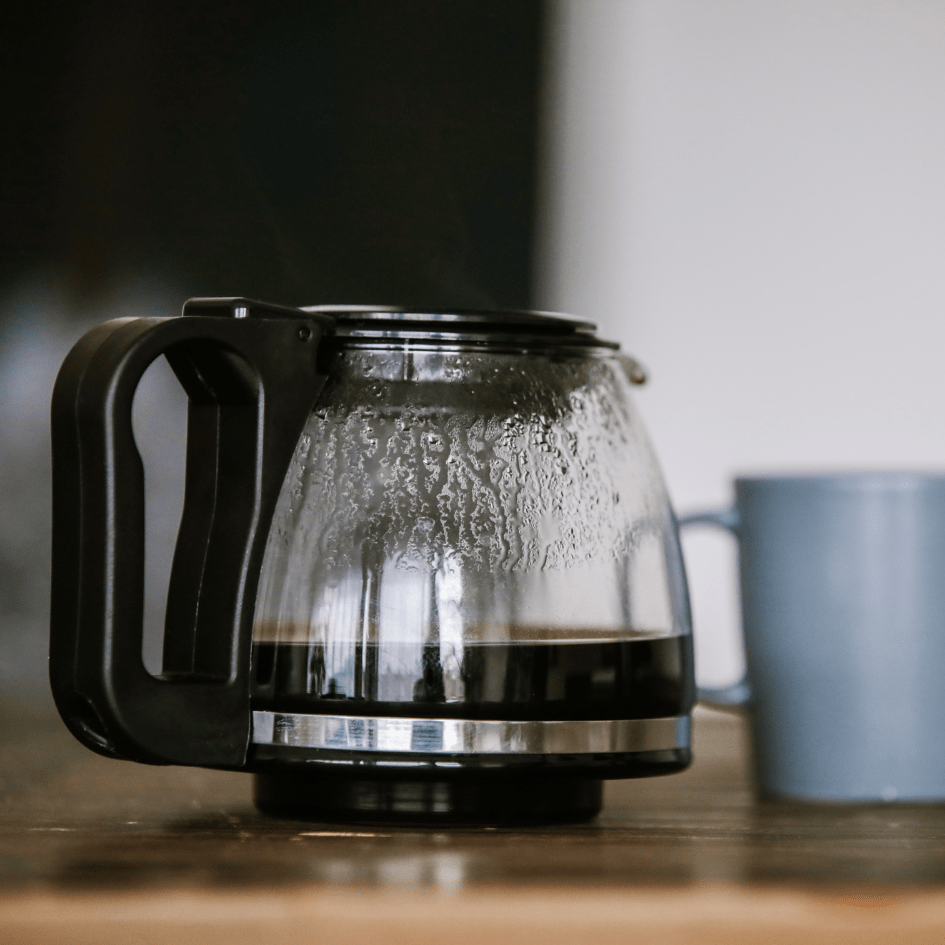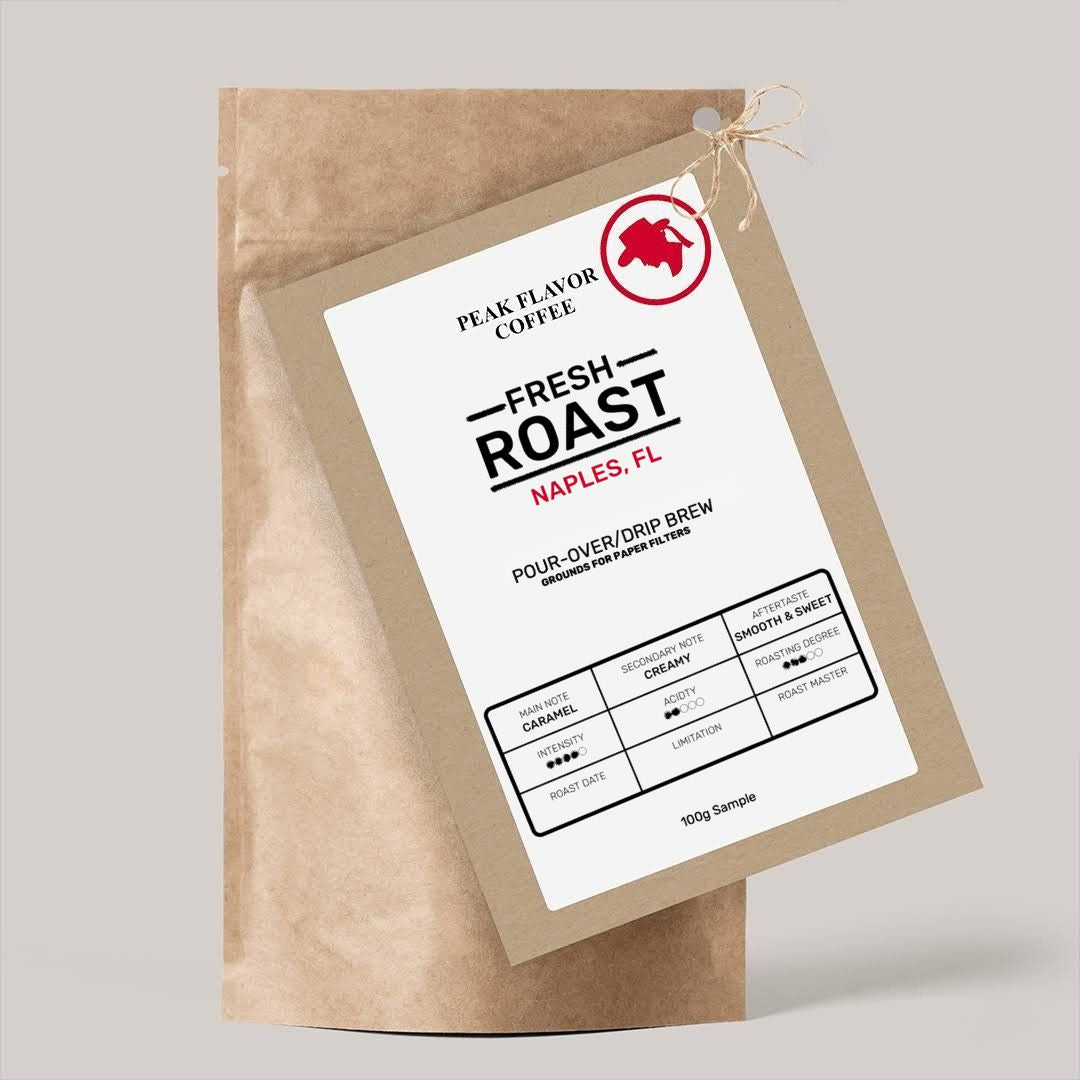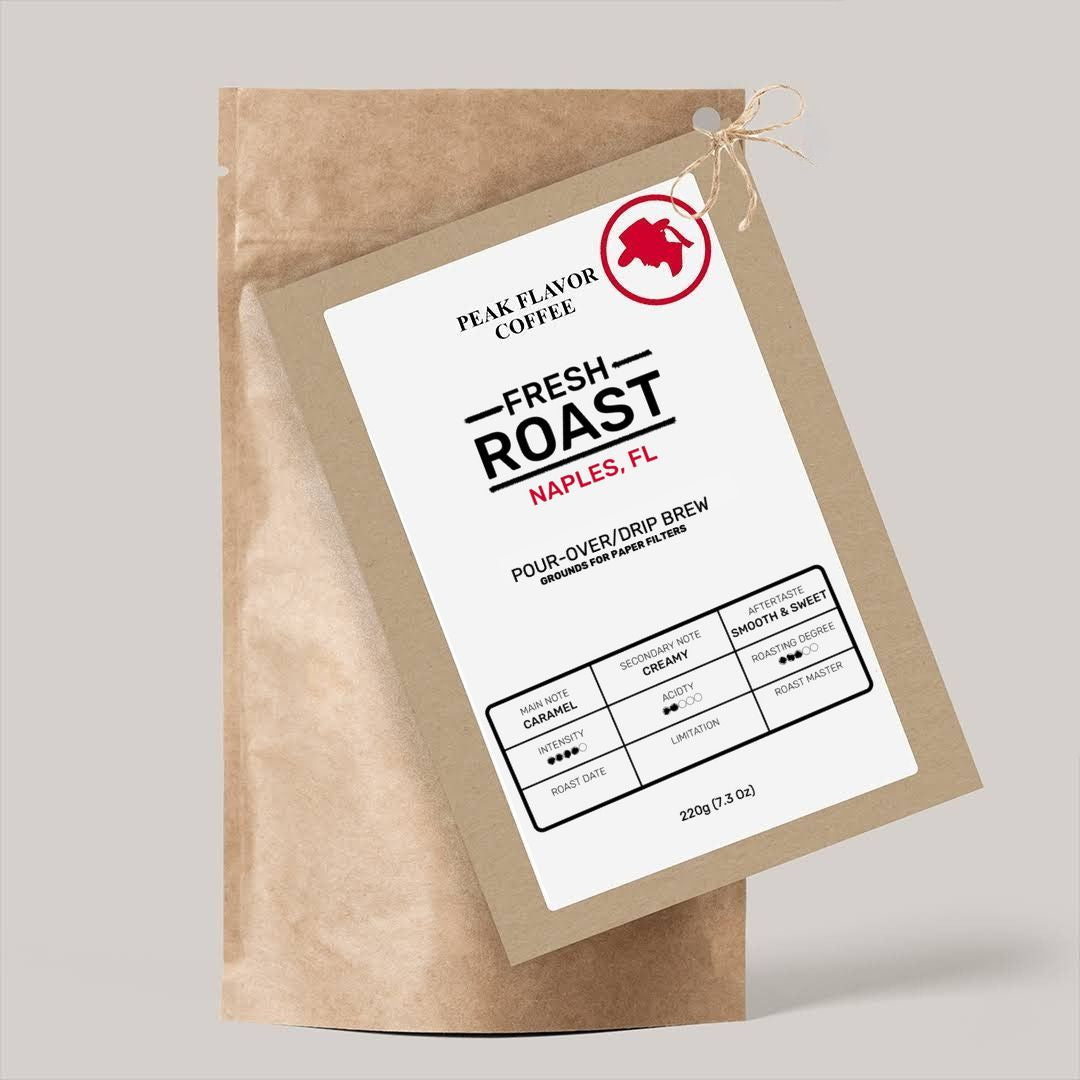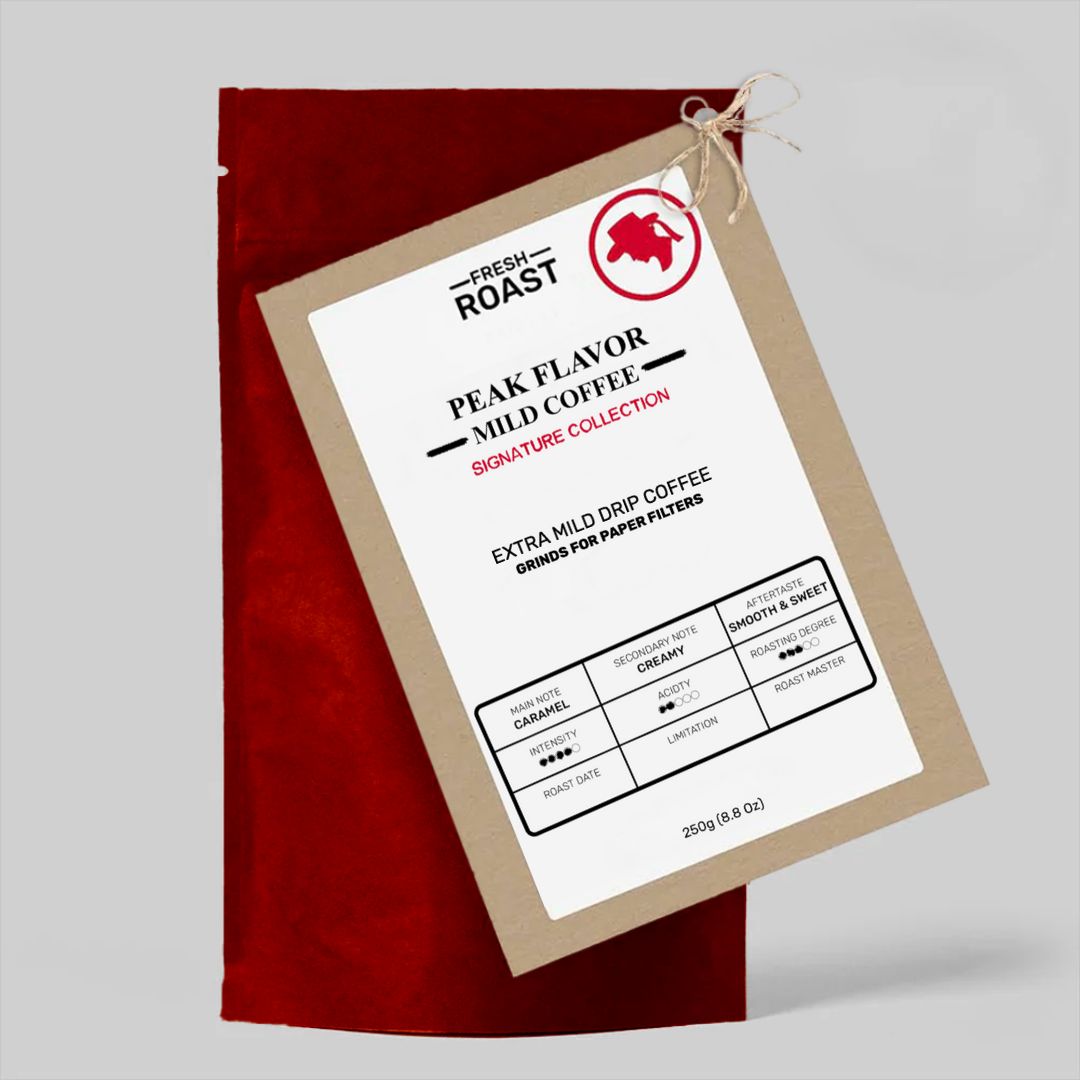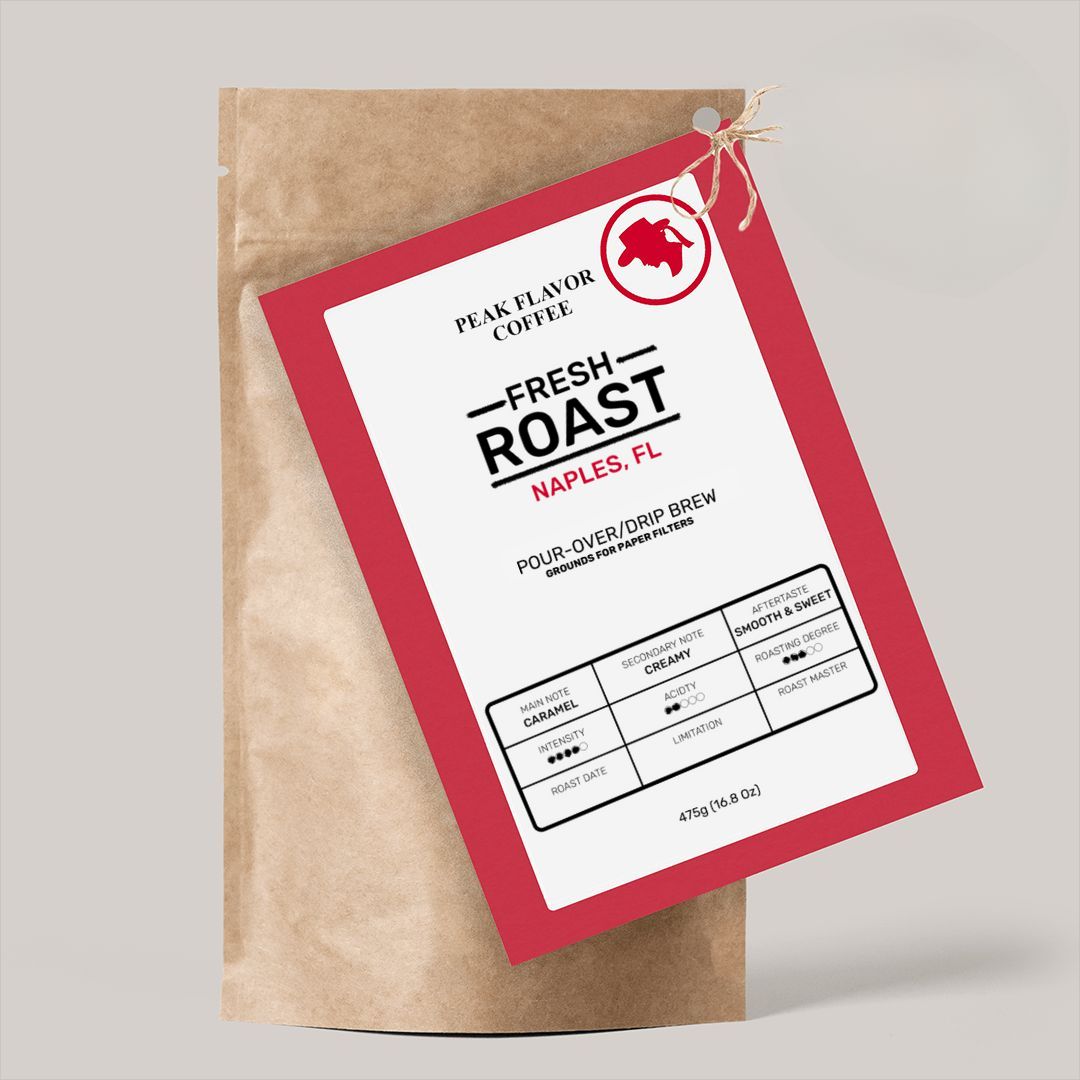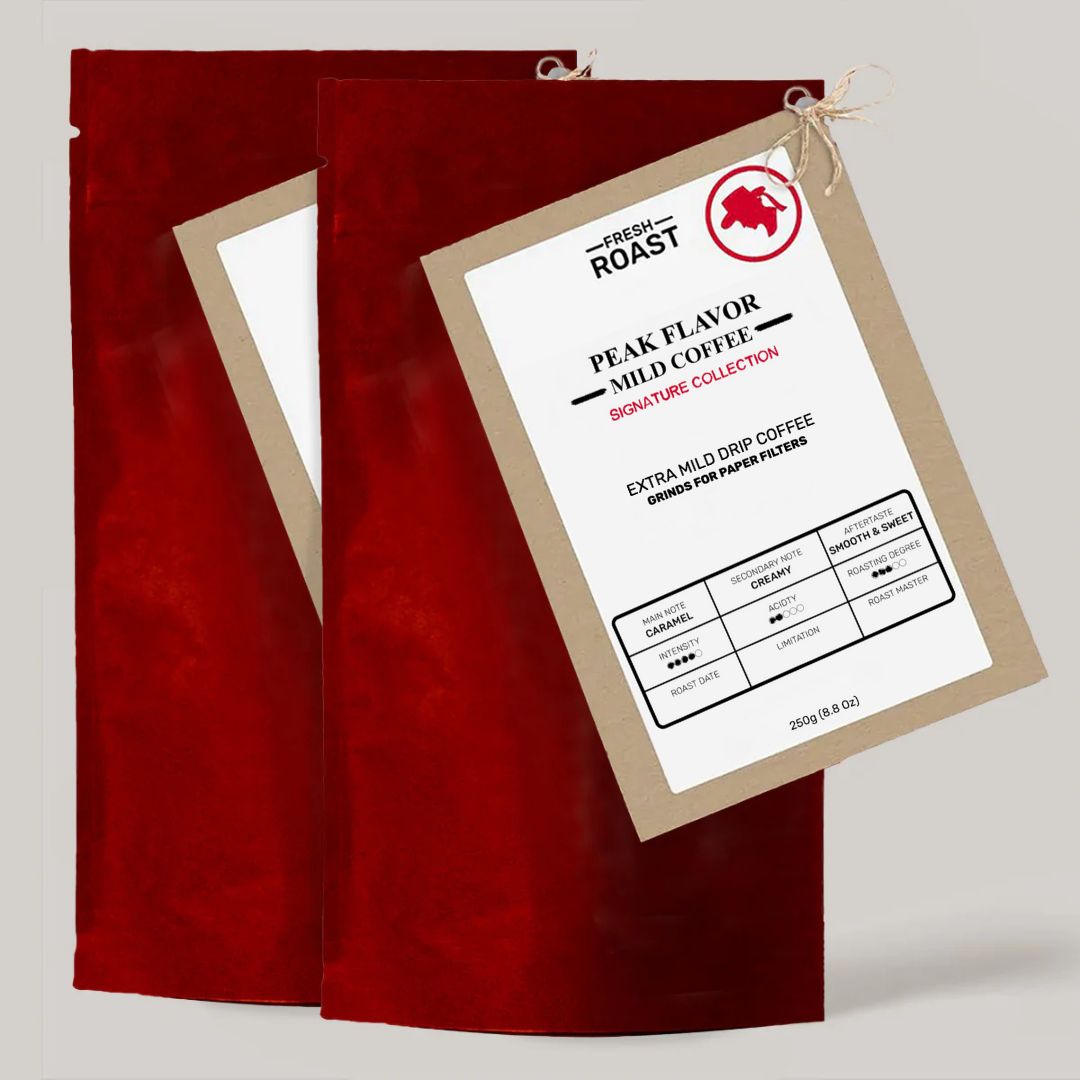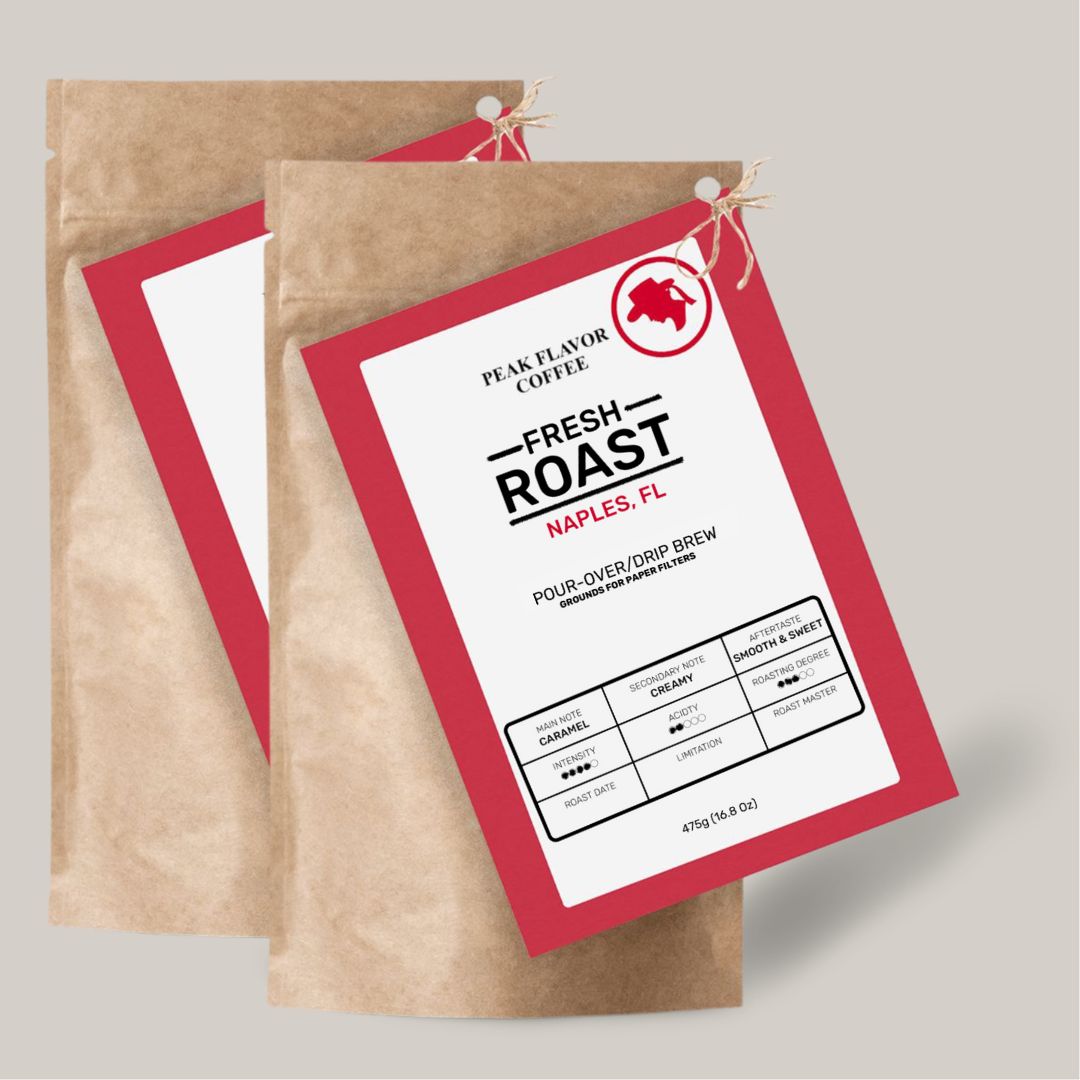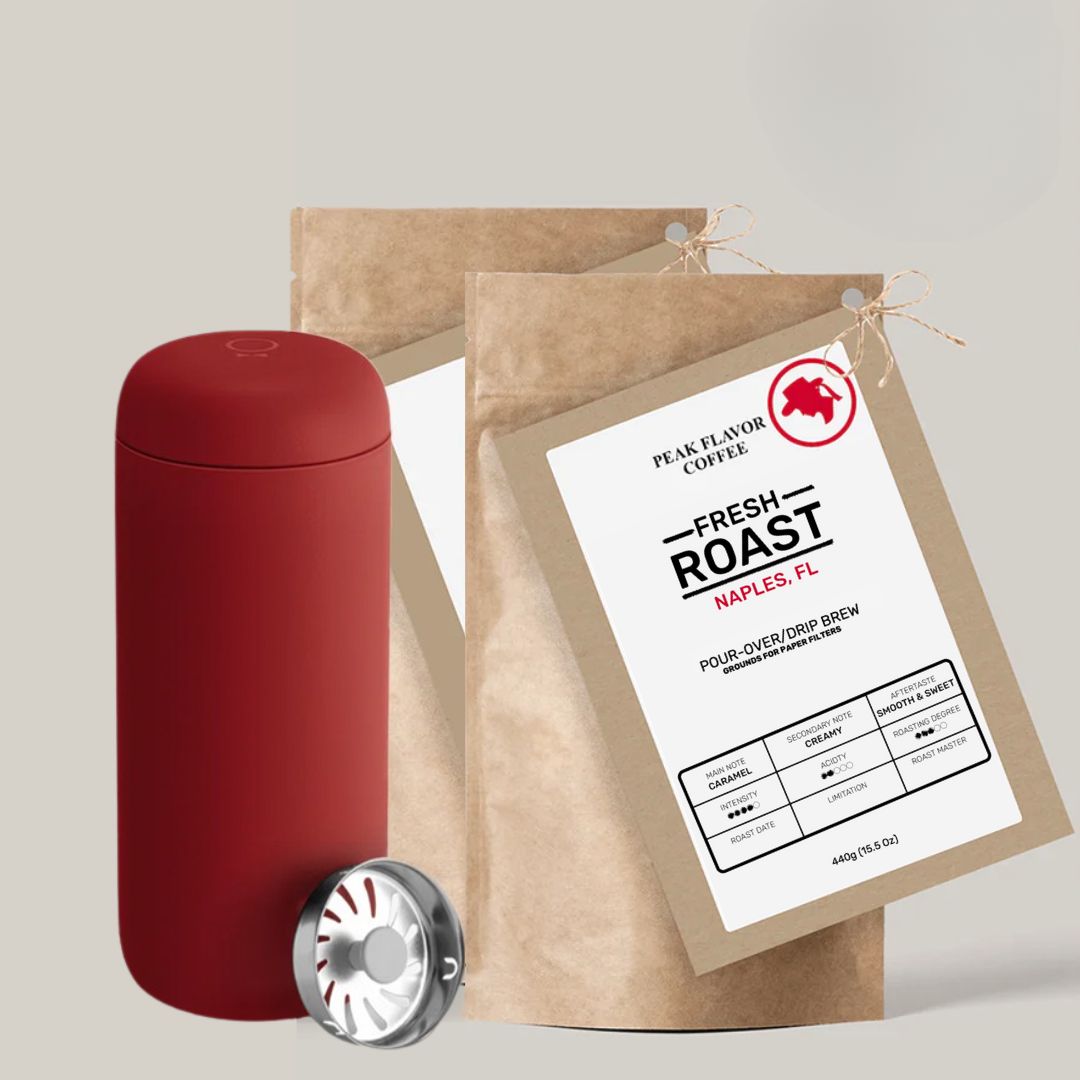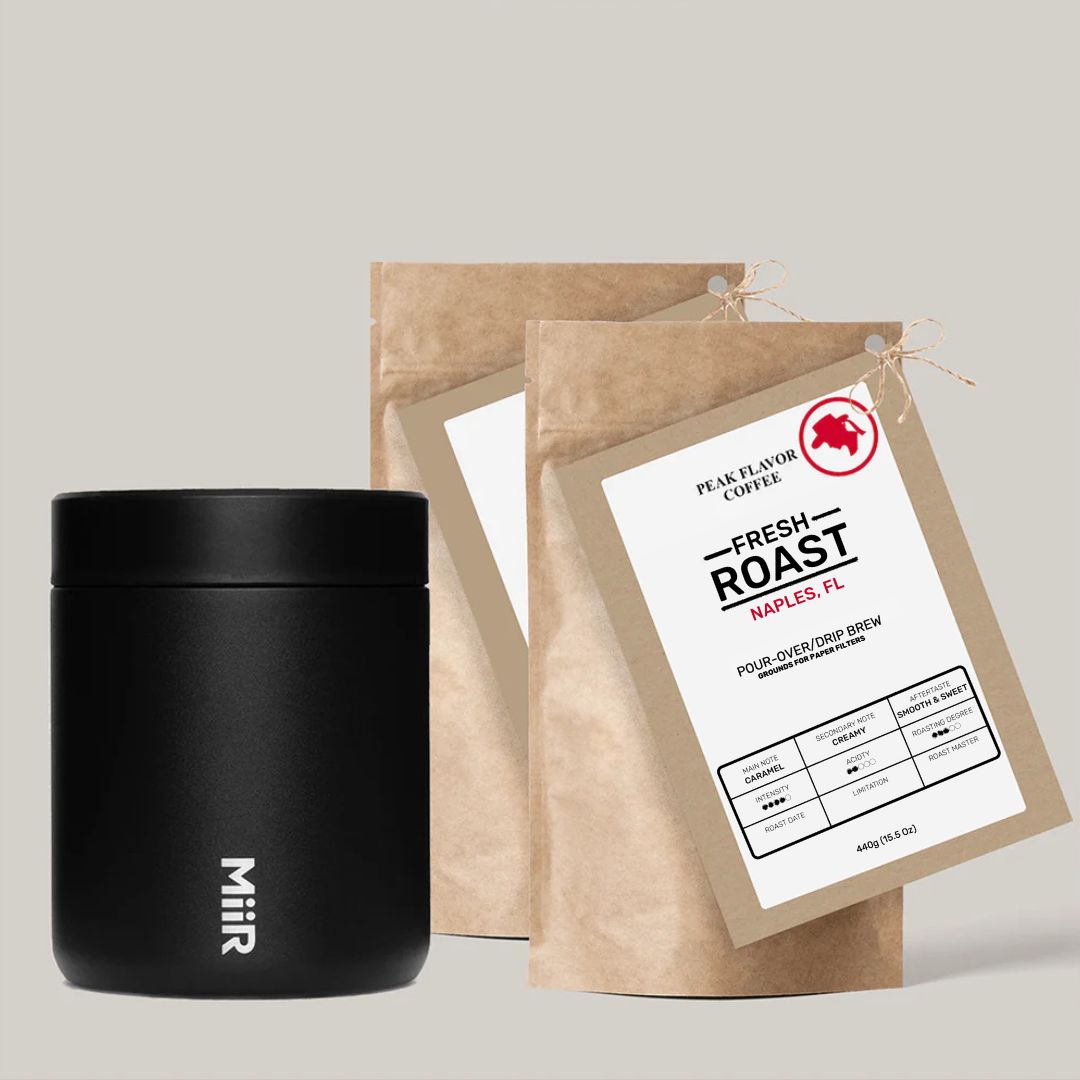Brewing Good Drip Coffee on Your Own Coffee Maker
Is it possible to unlock Peak Flavor from a drip coffee maker - without buying a new coffee machine or paying for specialty coffee?
Brew Filter Coffee that's Conveniently Good, Surprisingly Healthy, and Easily Affordable
If you had told me five years ago that I'd be writing a love letter to drip coffee makers, I would have spit out the watery, bitter office brew I was grimacing through and laughed in your face.
Hi, I'm Melicent—coffee lover, mistake-maker, and proud owner of PeakFlavorCoffee.com. I once thought that black coffee from a drip machine was as bland as a Monday morning email. That is, until someone casually dropped the truth bomb: "It’s not the machine, Melicent.
It’s the grind, the beans, and a little coffee common sense." Game. Changer.
Today, I’m here to help you upgrade your morning cup without upgrading your budget—because trust me, good coffee doesn’t need to be complicated or costly.
A Guide to Various Drip Coffee Makers
When it comes to brewing drip coffee at home, not all heroes wear aprons—some wear heating elements and water reservoirs. Let’s break down the top three machines that can truly upgrade your mornings without wrecking your wallet:
1. Automatic Drip Coffee Makers:
These are the undisputed MVPs of morning convenience. You load them up, push a button, and voilà—coffee, without any pre-caffeine gymnastics.
Classics like Mr. Coffee, Cuisinart, and my personal favorite, the Moccamaster, really shine, especially when paired with a thermal carafe (trust me, we’ll rave about this more in a minute). Their programmable settings mean you can literally wake up to the smell of fresh brew, and research supports this: a consistent brewing temperature (between 195–205°F, maintained by quality machines) leads to optimal extraction and better flavor.
Plus, studies show that minimizing manual brewing steps in the morning can reduce decision fatigue, making your whole day feel smoother. In other words, the right drip machine isn’t just a coffee maker—it’s your new life coach.
2. Manual Pour-Over (like Bodum's Pour Over Coffee Maker):
Feeling a little fancy? Try a Bodum Pour Over. Unlike the ultra-finicky Chemex (which needs special filters and emotional support), the Bodum keeps it simple: borosilicate glass carafe, reusable stainless steel filter, and rich, full-bodied coffee. Pour-over brewing allows precise control over flow rate and saturation, and according to the Specialty Coffee Association, manual techniques often yield higher perceived flavor clarity.
Plus, pour-over brewing encourages mindfulness—a proven stress reducer first thing in the morning. It's practically self-care, but in caffeinated form.
3. The "Skip It" Machines (Chemex and AeroPress):
Sure, the Chemex looks gorgeous on Instagram, but its thick proprietary filters can strip too many flavorful oils, leaving your brew tasting a little...flat. And the AeroPress? Fun for camping, sure.
But for a daily driver? Meh. Why wrestle with gadgets before you’ve had coffee?
Bottom Line:
For daily, fuss-free greatness: stick with an automatic drip machine with a thermal carafe for set-it-and-forget-it ease, or go Bodum pour-over when you’re feeling fancy but not fussy. Life’s too short (and mornings too precious) for complicated brewing rituals before your first cup.
Choosing the Right Coffee Filter: Paper vs. Metal
Believe it or not, your humble coffee filter choice plays a big role in what ends up in your cup—and even how your coffee impacts your health.
Paper Filters:
Paper filters do more than just make cleanup a breeze; they significantly impact the chemical composition of your brew. Studies have shown that paper filters effectively trap diterpenes like cafestol and kahweol, compounds naturally present in coffee oils . While these compounds contribute to coffee’s bold mouthfeel, research links high intake of unfiltered coffee (rich in diterpenes) to elevated LDL cholesterol levels. So if you're watching your heart health, paper filters offer a clear advantage.
Flavor-wise, paper filters also produce a cleaner, brighter cup by removing fine sediment and excess oils, allowing the more delicate, aromatic notes of the coffee to shine through. This is especially ideal for lightly roasted Arabica coffees where nuance matters most.
Metal Filters (like Bodum’s):
On the flip side, metal filters let more of the natural coffee oils and micro-fines pass through into your cup. These oils carry many of the rich, complex flavors that give coffee its body and depth . Scientific reviews have shown that unfiltered or metal-filtered coffee often contains more antioxidants, especially polyphenols, which may help protect cells against oxidative damage.
From a sensory perspective, metal filters produce a fuller-bodied brew with a silkier mouthfeel. If you prefer chocolatey, vanilla, or bold caramel coffees—like Brazilian or Honduras or medium-dark roasts—metal filters won’t hold back on the richness.
Bottom Line:
- Choose paper filters for a brighter, cleaner cup with lower diterpene content—ideal if you prioritize health or prefer nuanced flavor. Find the right drip coffee for paper filters.
- Choose metal filters for a richer, fuller-bodied brew with more oils, antioxidants, and complexity. Find best coffee for metal filters.
Either way, you’re winning—you just have to pick your coffee adventure.
The Magic Combo: Beans, Roast, and Grind
Let’s nerd out for a second. Science says that great coffee comes down to extraction balance. That balance depends heavily on bean type, roast level, and grind size.
1. Bean Type:
Go Arabica: It’s smoother, sweeter, and way less bitter than Robusta. Look for 100% Arabica blends—think floral, fruity, chocolatey vibes. Or if you need a morning slap awake, go with an Arabica/Robusta blend for an extra caffeine boost without a truckload of bitterness.
2. Roast Degree:
Medium Roast is the Sweet Spot. Medium-dark, slow roasts retain those delicious caramelized sugars without tipping over into burnt-toast territory. Blends of High-Grown, naturally sweet beans from Brazil, Honduras and Vietnam do particularly well in drip coffee filters and are great for a richer, bolder flavor. The illustrion below shows how flavor develops as the roast progresses. Learn more about roasting for the drip coffee sweet spot.

Avoid Light Roasts: Often under-extracted in a drip machine, leading to sour or "grassy" types of coffee. Super Dark Roasts? They’re just burnt. You deserve a better cup of drip coffee.
3. Grind Size:
Medium Grind or ground coffee of 750 microns with 98% consistency is the Goldilocks zone for peak flavor drip coffee with a paper filter. Having the right coffee grounds makes brewing easy: no worries about the drip coffee ratio or other complications. 5 Tablespoons for 16oz coffee and things will automatically go your way. Read about brewing better drip coffee for more information if you need it.
Imagine grind size for drip coffee - think the texture of beach sand: not too fine (bitter sludge), not too coarse (watery sadness). Consistency is key! Burr grinders are ideal, but pre-ground "drip coffee" works fine if you’re not ready to level up yet. This chart shows how perfect consistency delivers maximum flavor.

Scientific side note: Research from the Specialty Coffee Association shows that extraction is optimized when water temperature stays between 195–205°F and when the coffee grind matches the brewing time.
Why You Should Ditch the Heating Plate Forever
Remember that time you left your pot on the heating plate and came back to something that tasted like regret? Yeah, me too.
Solution: Thermal carafe drip makers.
- They keep your coffee hot for hours without cooking it into a bitter mess.
- They preserve the coffee’s original aromatics and balance.
Thermal carafes protect your percolated coffee brew from oxidation and flavor degradation, letting you savor that freshly brewed goodness for much longer. You deserve coffee that stays fresh and delicious, not something that slowly transforms into sadness over the course of a conference call.
Why the Bodum Pour Over is My Manual Hero
If you have four minutes to spare (you do, trust me), the Bodum pour-over can elevate your morning ritual without the need for $50 kettles or barista wizardry. Pour-over brewing naturally encourages a slower, more mindful start to your day—a mini meditation with caffeine at the end.
And bonus: no wasteful paper filters, which means you’re also a coffee-drinking eco-warrior now. Go you.
Final Morning Game Plan
If you want a foolproof setup without stress:
Auto-drip with a thermal carafe + 100% Arabica medium roast + medium grind = easy, consistent, satisfying coffee. If you feel like being a weekend warrior: Bodum pour-over coffee, same beans, same grind, and a little extra attention.
Affordable upgrades, zero pretentiousness, and absolutely no need for a Chemex shrine.
Coffee doesn't have to be complicated to be extraordinary. In fact, some of the best cups I’ve had were born out of humble machines, decent beans, and a few simple tweaks. No magic wands, no overpriced gadgets, just good ol’ caffeinated common sense.
Here's to better mornings, one blissful brew at a time!
Drip Coffee Hugs,
Melicent
Owner of PeakFlavorCoffee.com
References
- Urgert R, Katan MB. "The cholesterol-raising factor from coffee beans." Annual Review of Nutrition, 1997.
- Daglia M. "Polyphenols as antimicrobial agents." Current Opinion in Biotechnology, 2012.
- Specialty Coffee Association. "Water Brewing Temperature Control," SCA Technical Standards, 2020.
- López-García E, van Dam RM, et al. “Coffee Consumption and Coronary Heart Disease in Men and Women: A Prospective Cohort Study.” Circulation, 2006.
- A Guide to Drip Coffee Makers & Brewing the Perfect Morning Cup. Internal Source Material, 2025.

